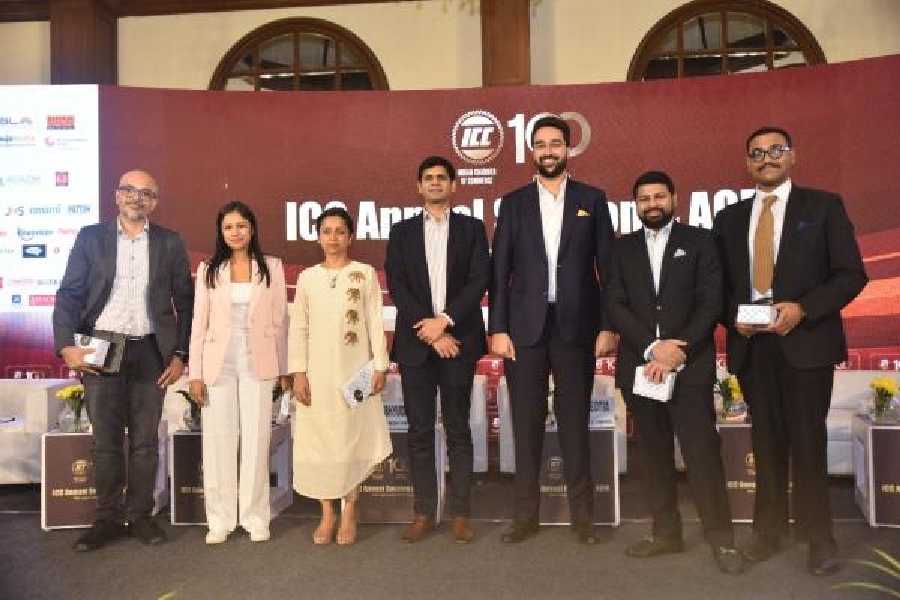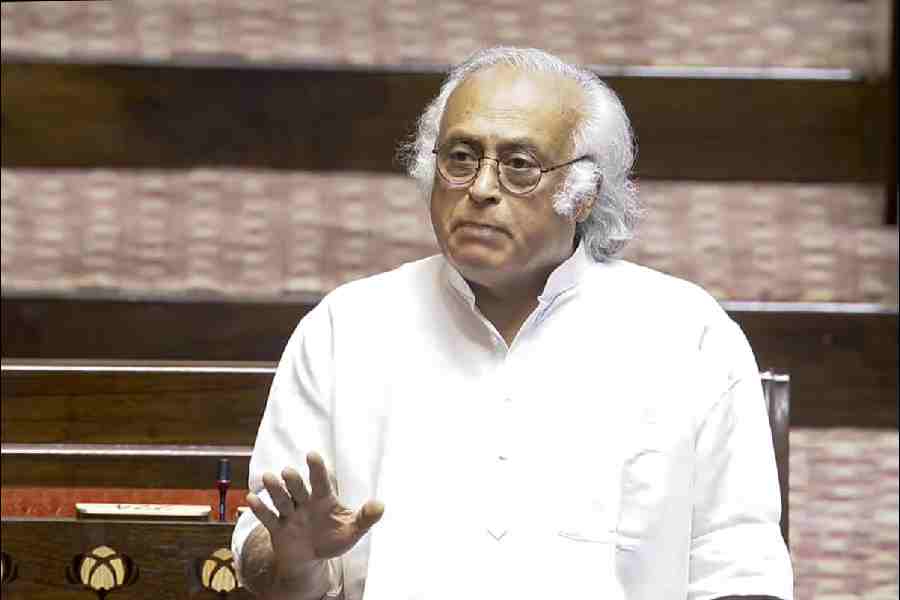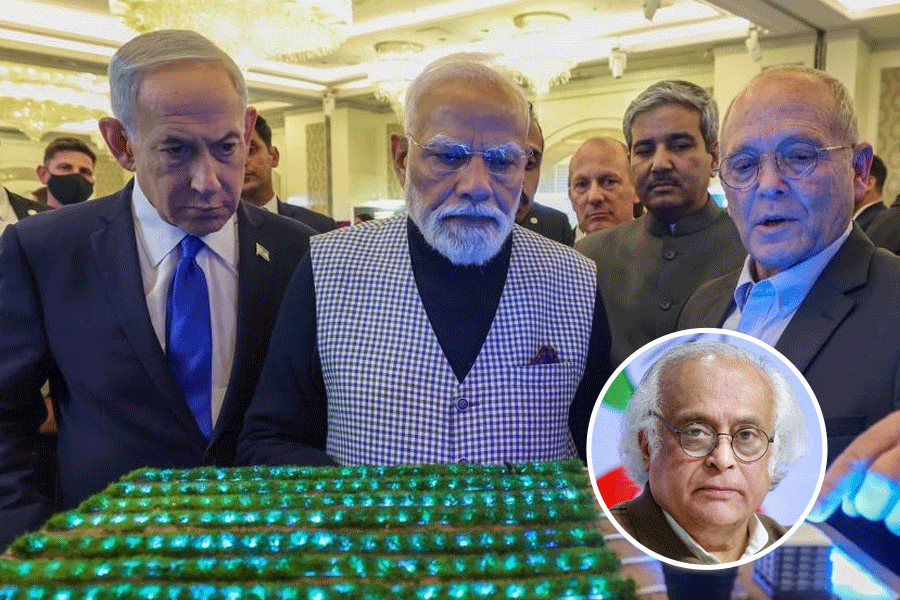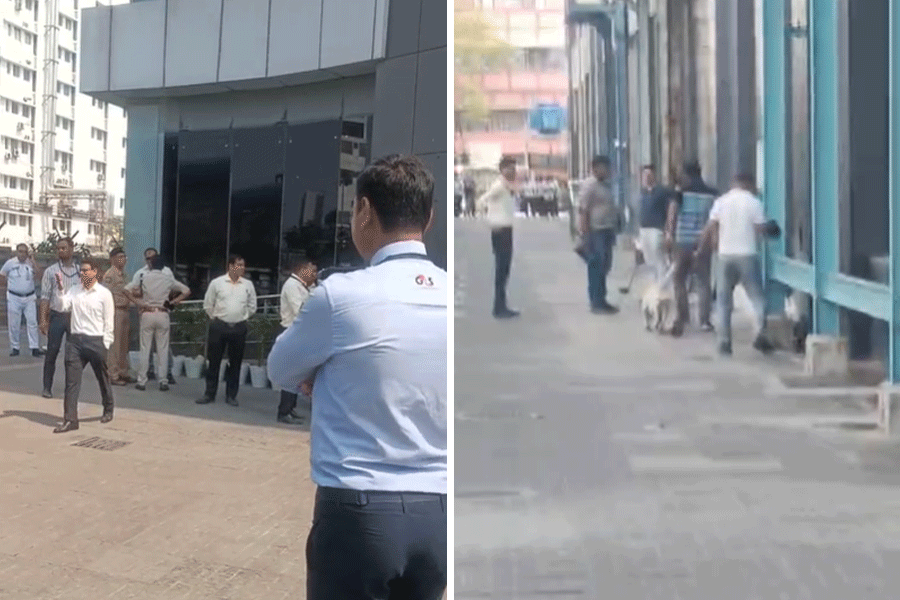Legacy businesses, though often weighed down by entrenched practices, are uniquely positioned to harness the power of artificial intelligence (AI).
While acknowledging the transformative potential of emerging technologies, the new generation of business leaders at the Indian Chamber of Commerce’s annual general meeting underlined that one of the toughest hurdles lies within organisations themselves — reluctance from employees and senior leaders to embrace disruptive tools.
Abhyuday Jindal, managing director of Jindal Stainless, said he had firsthand experience of such resistance when he sought to modernise operations in his company.
“In legacy companies, whenever technology is being tried to be implemented, there is always going to be pushback,” he said. Jindal recalled investing considerable time and money in a project that eventually had to be scrapped because it was “completely top-driven” and lacked engagement with senior leadership and the shop floor.
“Consultants can show that a new technology will save a substantial amount, but unless people are convinced, it fails,” he said. Jindal said he is now taking a more inclusive approach to AI adoption, working with younger employees across departments on solutions tailored to their needs.
Devina Swarup, director of Paharpur 3P, cited the long journey her company underwent during the rollout of enterprise resource planning (ERP). “We overestimate the impact of technology in the short run but underestimate the transformative effect it has in the long run,” she said.
Swarup added that AI, while powerful, does not eliminate the need for human oversight and may even add layers of complexity.
Keshab Bhajanka, director of Century Plyboards, emphasised the importance of striking a balance between continuity and change. “Things that have brought success cannot be changed overnight. Gut feel and risks are still necessary,” he said.
However, technology, particularly AI, now enables businesses to analyse decades of data within minutes, converting instinctive decisions into more calculated risks.
Prithish Chaudhary, deputy managing director of Titagarh Rail Systems, said AI is prompting a complete re-examination of internal processes. “We are revisiting the entire activity, going into the details of each process and figuring out what can be automated and made more efficient,” he said.
He pointed to opportunities in government tender-based businesses where vast technical, commercial, and financial documentation can be streamlined with AI. In aerospace and heavy engineering, he noted, AI is handling basic engineering tasks but has yet to replicate critical human judgement.
Healthcare is another promising frontier. Parthiv Neotia, joint managing director of the Neotia group, said AI is increasingly being applied to radiology imaging, making diagnoses faster and more accurate while reducing human error. It is also helping in prognosis and predictive disease analysis.
Mia Kynadi, co-founder and chief technology officer of Venture Factory, described AI as a transformative force across industries. While early failures are common, she said, the process of rapid iteration ultimately leads to systems that deliver tangible value.
The AGM also marked a leadership transition at the chamber. Brij Bhushan Agarwal, chairman and managing director of Shyam Metalics and Energy, was appointed the new president of the Indian Chamber of Commerce.











